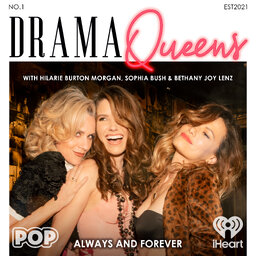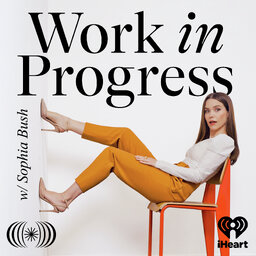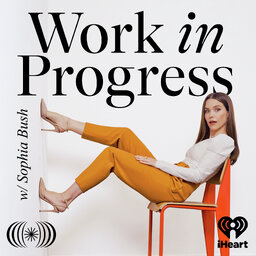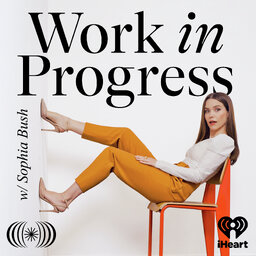Work in Progress: Penn & Kim Holderness
For online content creators Penn & Kim Holderness, the saying, "the couple that works together, stays together," is spot on!
The couple, who have been married for over 18 years, are best-selling authors, podcast hosts, and Season 33 'The Amazing Race' winners. They join Sophia to discuss their new project, taking on the stigma of ADHD with their book "ADHD is Awesome."
The power couple opens up about Penn's ADHD diagnosis, reframing how people think about ADHD, dealing with 'time blindness,' the viral video that jump-started their company and the lessons they learned along the way!
 Work in Progress with Sophia Bush
Work in Progress with Sophia Bush



